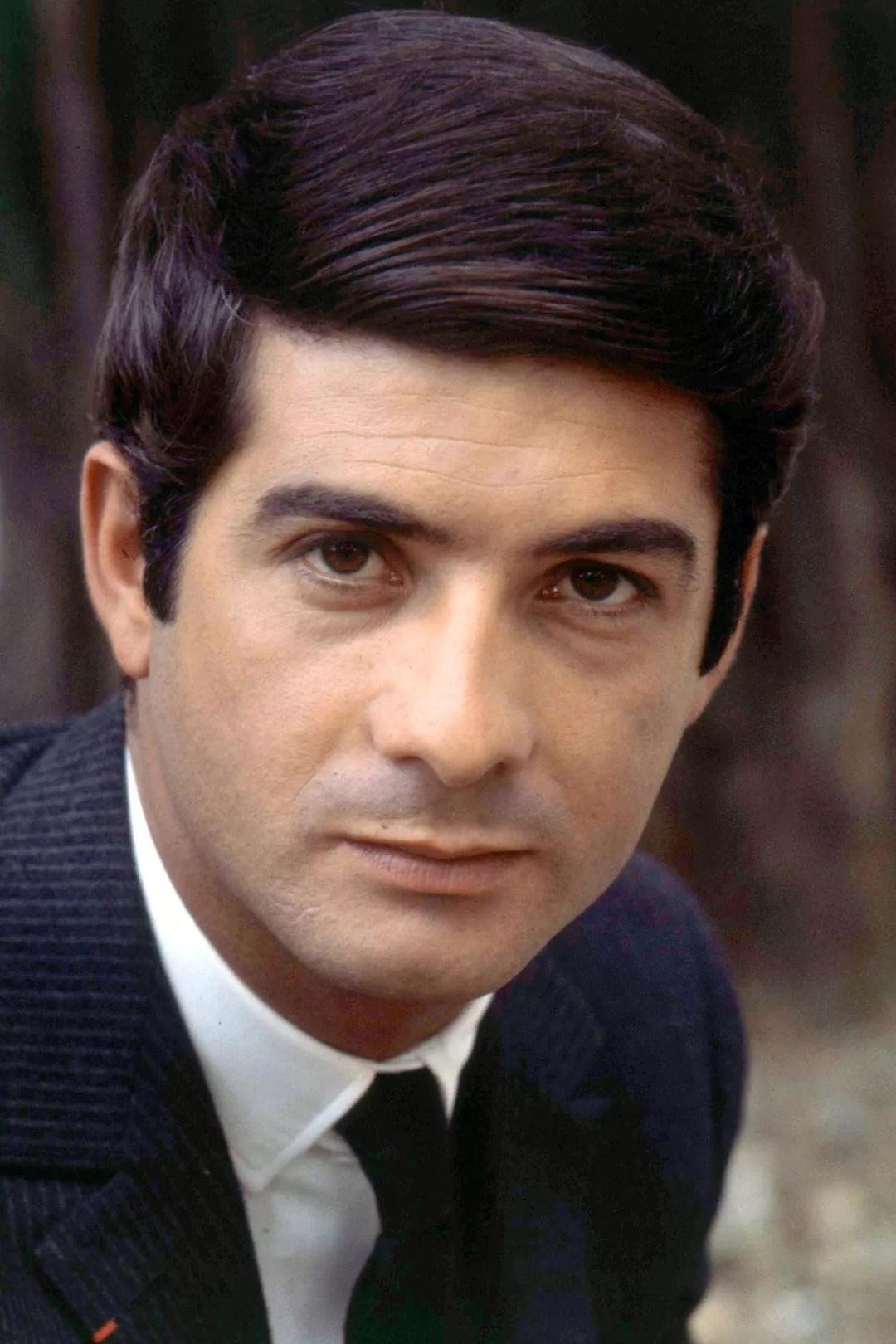

In May 1974, Valéry Giscard d'Estaing became President of the Republic and wanted to bring about a new era of modernity. One of his first decisions was to break up the ORTF with the creation of three new television channels: TF1, Antenne 2 and FR3. Three new public channels but autonomous and competing. It is a race for the audience which is engaged then, and from now on the channels will make the war! This competition will give birth to a real golden age for television programs, with variety shows in the forefront. The stars of the song are going to invade the living rooms of the French for their biggest pleasure. This unedited documentary tells the story of the metamorphosis of this television of the early 1970s, between freedom of tone, scandals, political intrigues and programs that have become mythical.
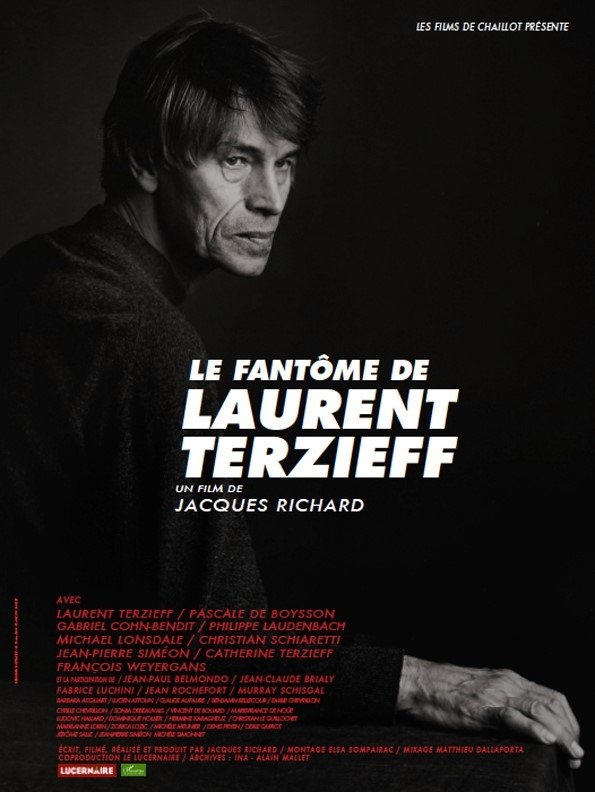
Laurent Terzieff was more than a good actor, after having been a real "star" in the cinema, through his professional choices, he gradually became a real "conscience of the theater", so much had he thought about his art. He received six Molière awards and was always unanimously praised by his peers. “THE GHOST OF LAURENT TERZIEFF” is a daring portrait, as it explores in depth “the secrets of a soul” and the atypical journey of the actor.
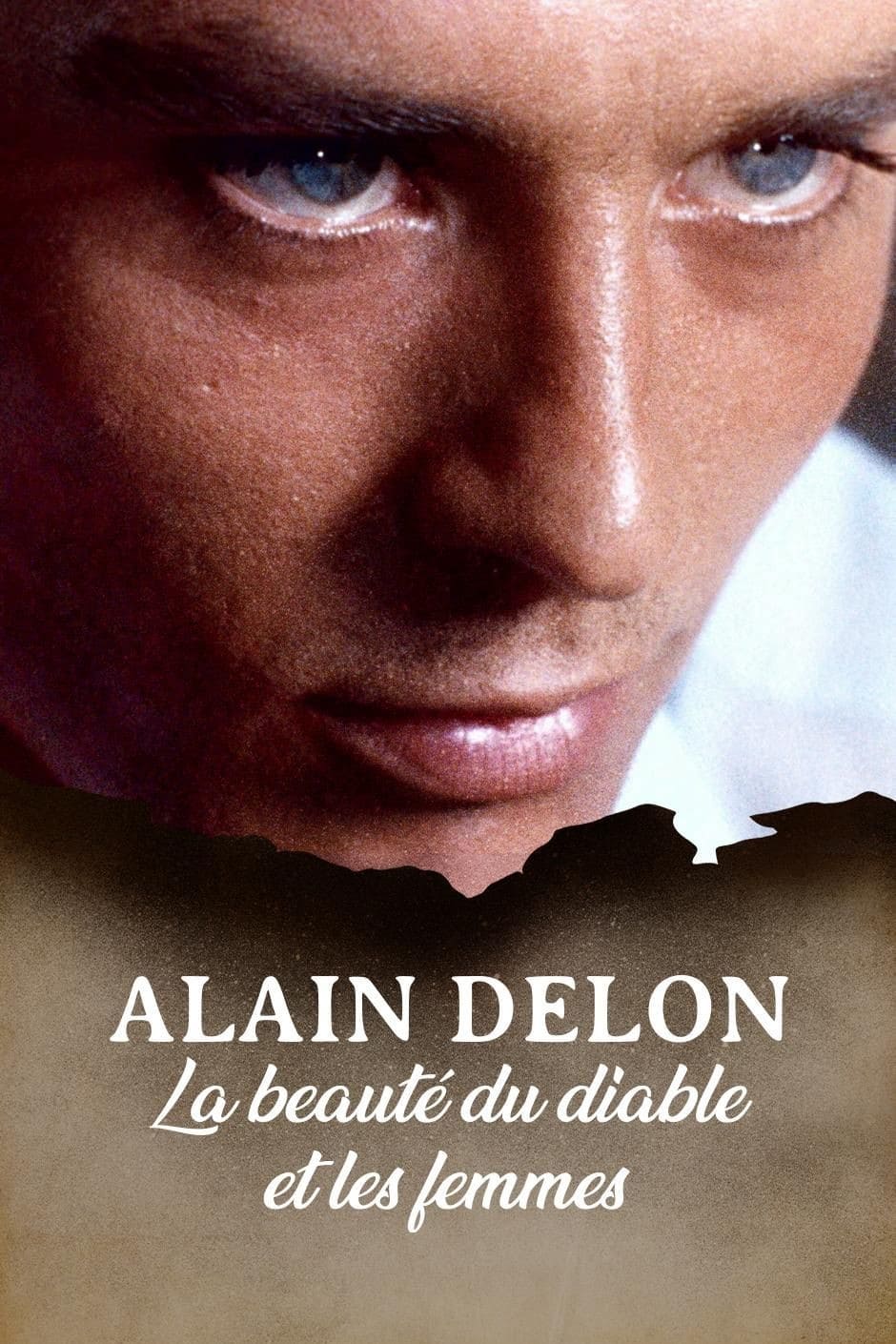
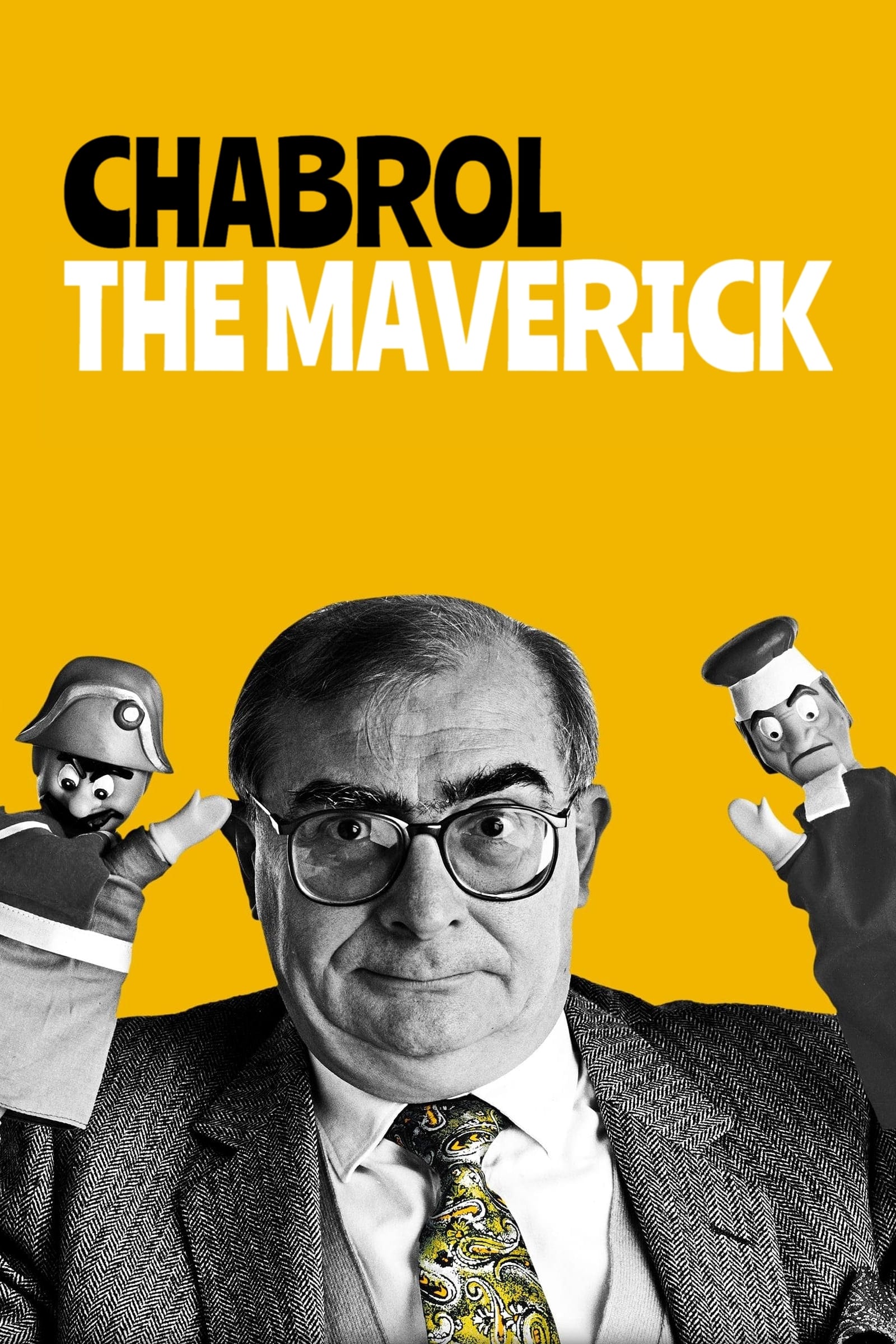
An account of the life and work of French filmmaker Claude Chabrol (1930-2010), a sybarite Buddha, a furtive anarchist, an insolent lover of life.
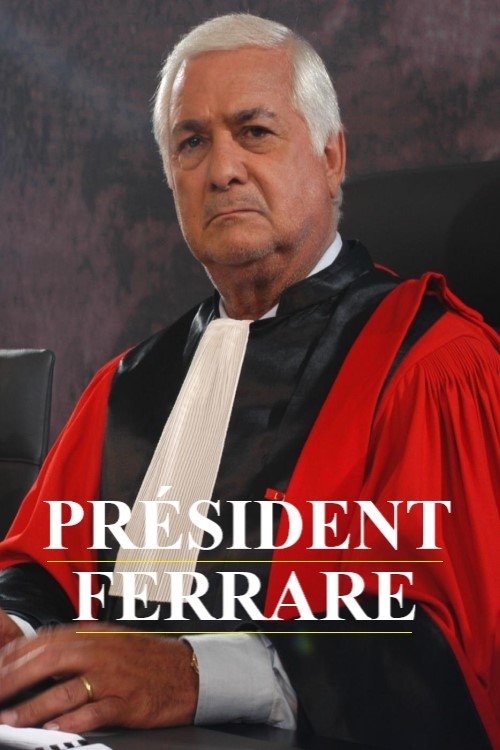
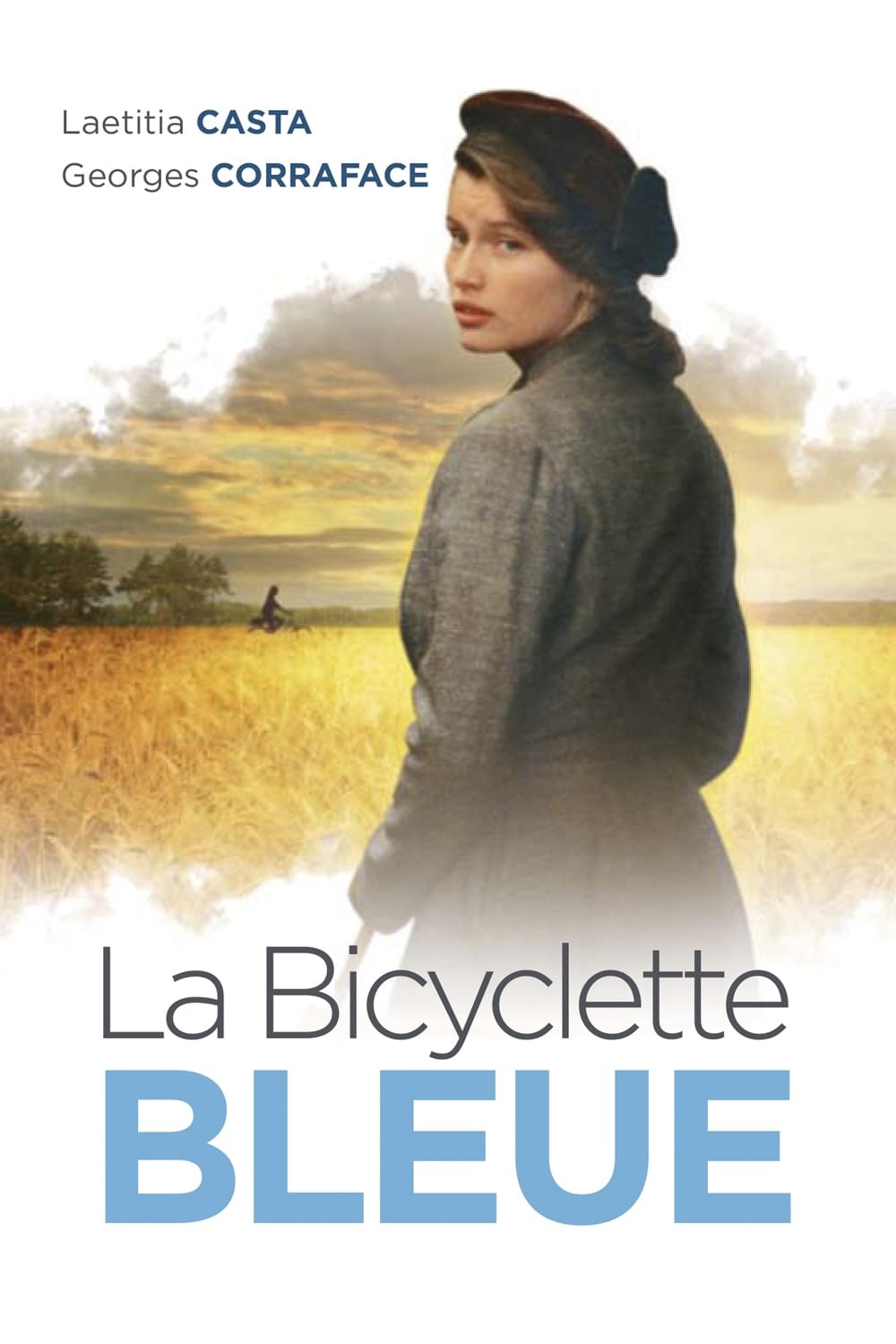
Léa, the daughter of a wealthy Bordeaux family, is spending happy days at the Montillac family estate at the end of the 1930s. Radiant with youth, she charms all the men who meet her on the blue bicycle offered to her by her father. She is in deep love with Laurent, when she tells him, he lets her down. He is in love with Camille, Lea's best friend. The war sounds the death knell of her carelessness. She takes refuge in Paris. There, she finds Laurent, his secret love, who has just married Camille. During a party given him, she meets mysterious François -a friend of Laurent who works for the government. He goes right on and starts to win Lea's heart, but she is not interested. Laurent has to go to the front-line. He asks Lea to stay with Camille in Paris, to look after her and the unborn baby. But the German troops are progressing, and Léa and Camille are forced to leave the capital.
Jean-Claude Brialy (30 March 1933 – 30 May 2007) was a French actor and film director. Brialy was born in Aumale (now Sour El-Ghozlane), French Algeria, where his father was stationed with the French Army. Brialy moved to mainland France with his family in 1942. He was an alumnus of the Prytanée National Militaire. When he was 21 years old, he went to Paris to work as an actor. In 1956, Brialy acted in his first role in the short film Le coup du berger (Fool's Mate) by Jacques Rivette. By the late 1950s, he'd become one of the most prolific actors in the French nouvelle vague and a star. He appeared in films of nouvelle vague directors such as Claude Chabrol (Le Beau Serge, 1958; Les Cousins, 1959), Louis Malle (Ascenseur pour l'échafaud, 1958; Les Amants, 1958), François Truffaut (Les 400 Coups, 1959), Jean-Luc Godard, (Une femme est une femme, 1961), Éric Rohmer (Claire's Knee, 1970), as well as in films of other filmmakers such as Jean Renoir (Elena et les hommes 1958), Roger Vadim (La ronde, 1964), Philippe de Broca (Le Roi de cœur, 1966), Luis Buñuel (Le Fantôme de la liberté, 1974), and Claude Lelouch (Robert et Robert, 1978). In 2006, he appeared in his last role, as the eponymous character of the TV film Monsieur Max, directed by Gabriel Aghion. Godard described him as "the French Cary Grant," while Brialy's self-described "life models" had reportedly been actor Sacha Guitry and director Jean Cocteau. Brialy directed a number of films, including Églantine in 1971, which was loosely inspired by his own memories of a happy childhood spent in Chambellay with his grandparents, and Les volets clos (Closed shutters) in 1972. He owned the restaurant L'Orangerie, on the Île Saint-Louis; he'd also worked as a TV presenter, a singer, and a radio host. During the presentation of one of his books, Brialy described himself this way: "I'm a boy who got lucky enough to do what I love in life". Brialy, in 1959, acquired a château in the commune of Monthyon, near Paris. There, he accommodated and entertained many friends from the cinema and the theatre, such as Jean Marais, Pierre Arditi, and Romy Schneider whom he'd met during the 1958 production of the film Christine. Schneider, after the 1981 fatal accident of her son David, found a "refuge from the paparazzi" in Brialy's home. French singer Barbara would often sing at the piano. Director Jean-Pierre Melville used the château to shoot the last scenes of his 1970 crime film Le Cercle Rouge, where Alain Delon and Yves Montand are killed by the police. In his books, the autobiographical Le Ruisseau des singes (The river of monkeys) (2000) and the memoir J'ai oublié de vous dire (I Forgot to Tell You) (2004), Brialy revealed that he was bisexual. ... Source: Article "Jean-Claude Brialy" from Wikipedia in English, licensed under CC-BY-SA.
By browsing this website, you accept our cookies policy.